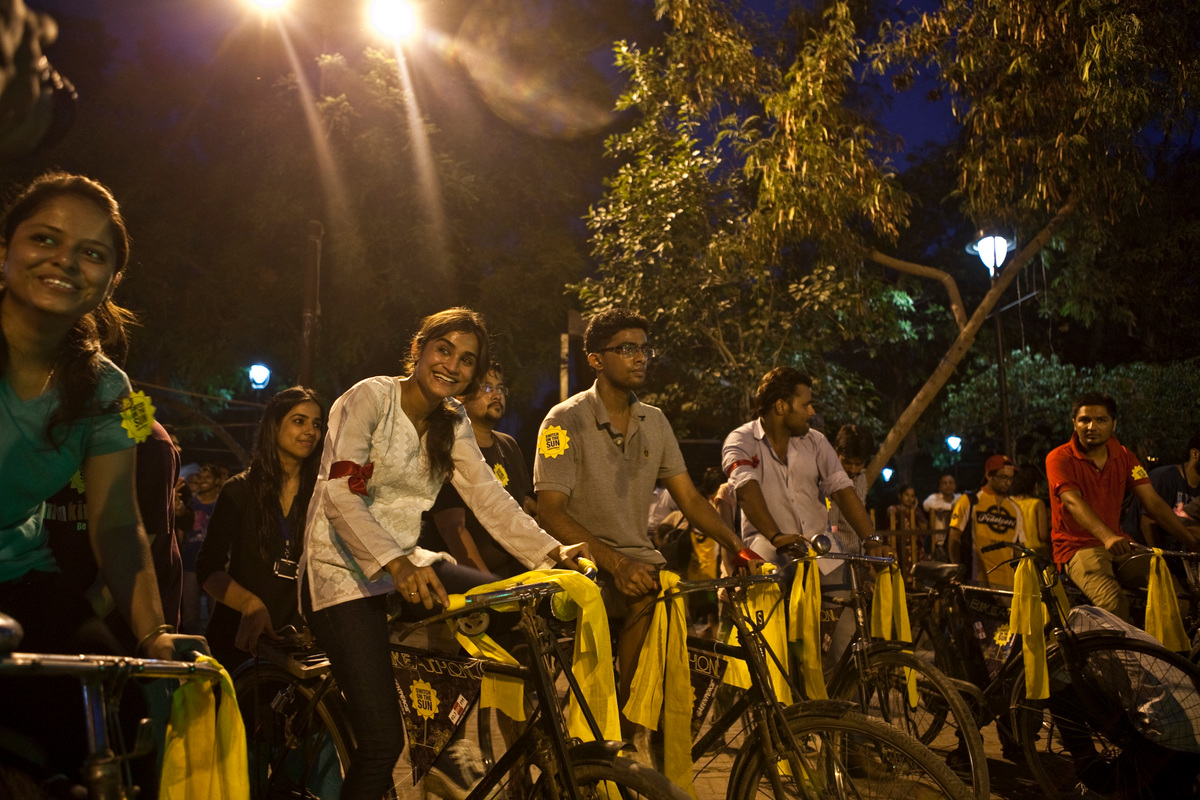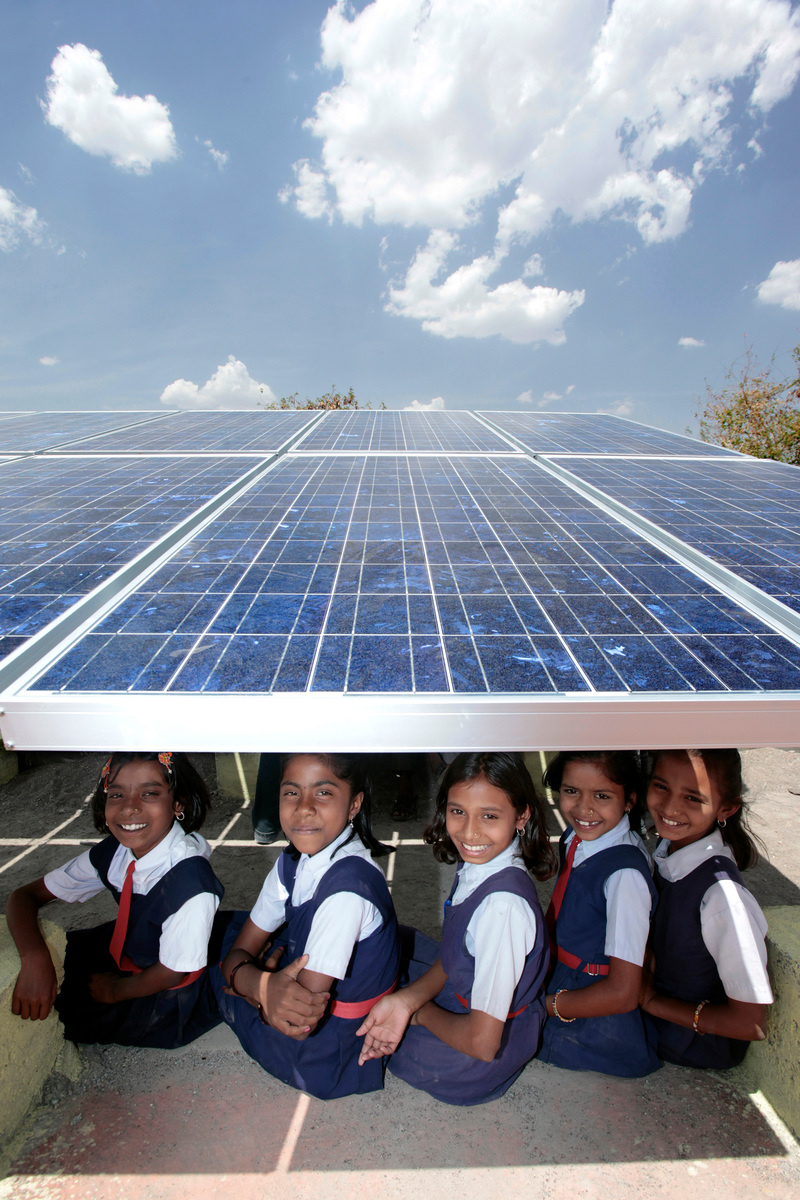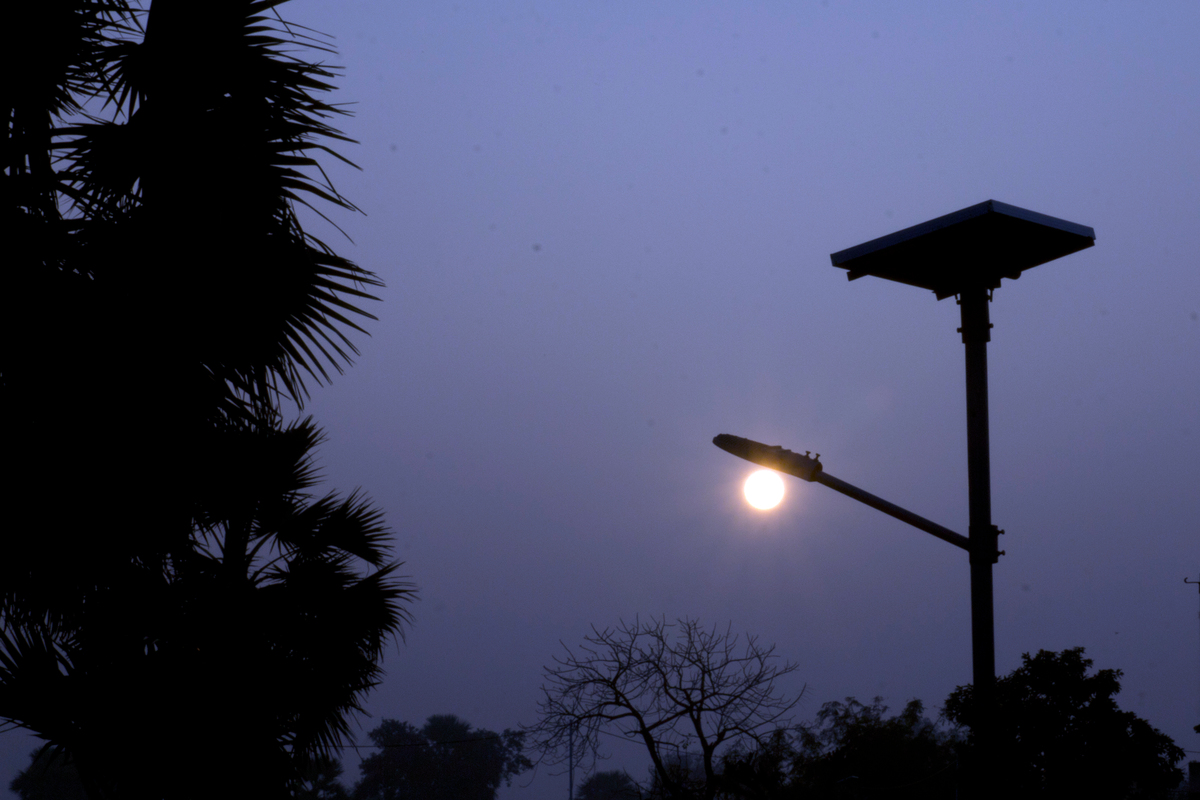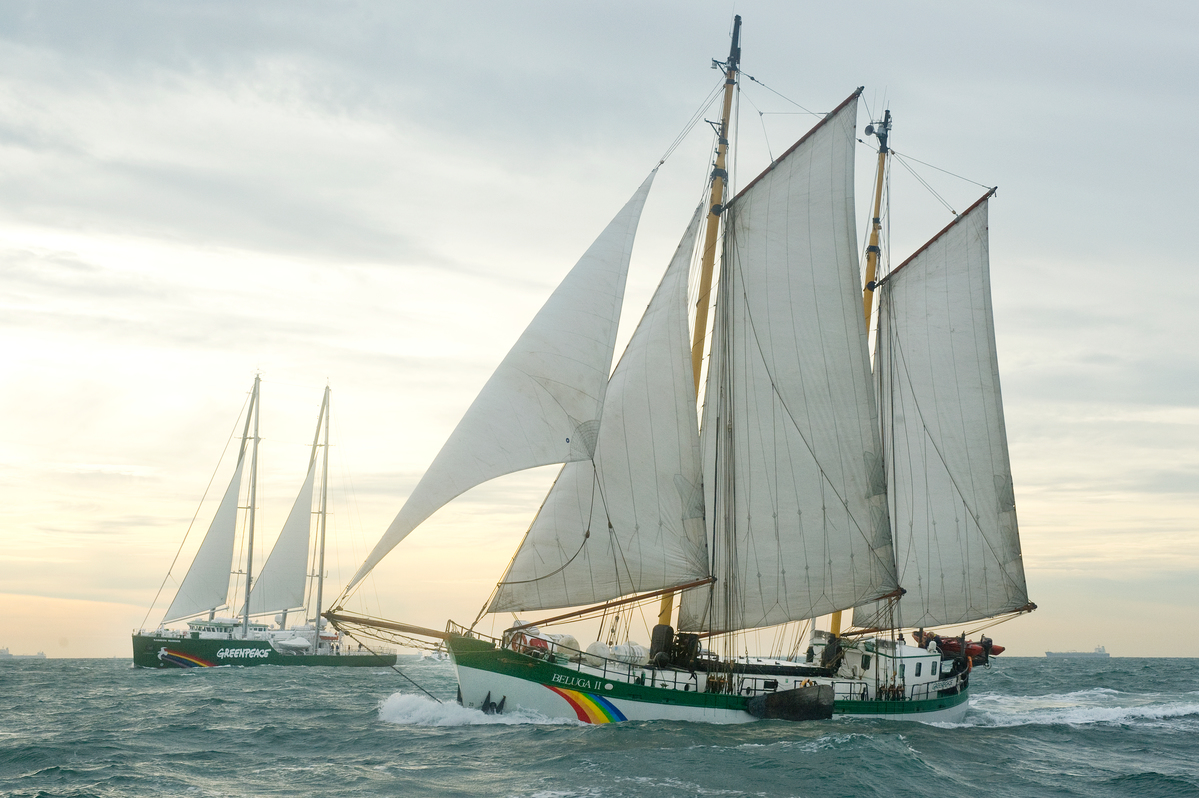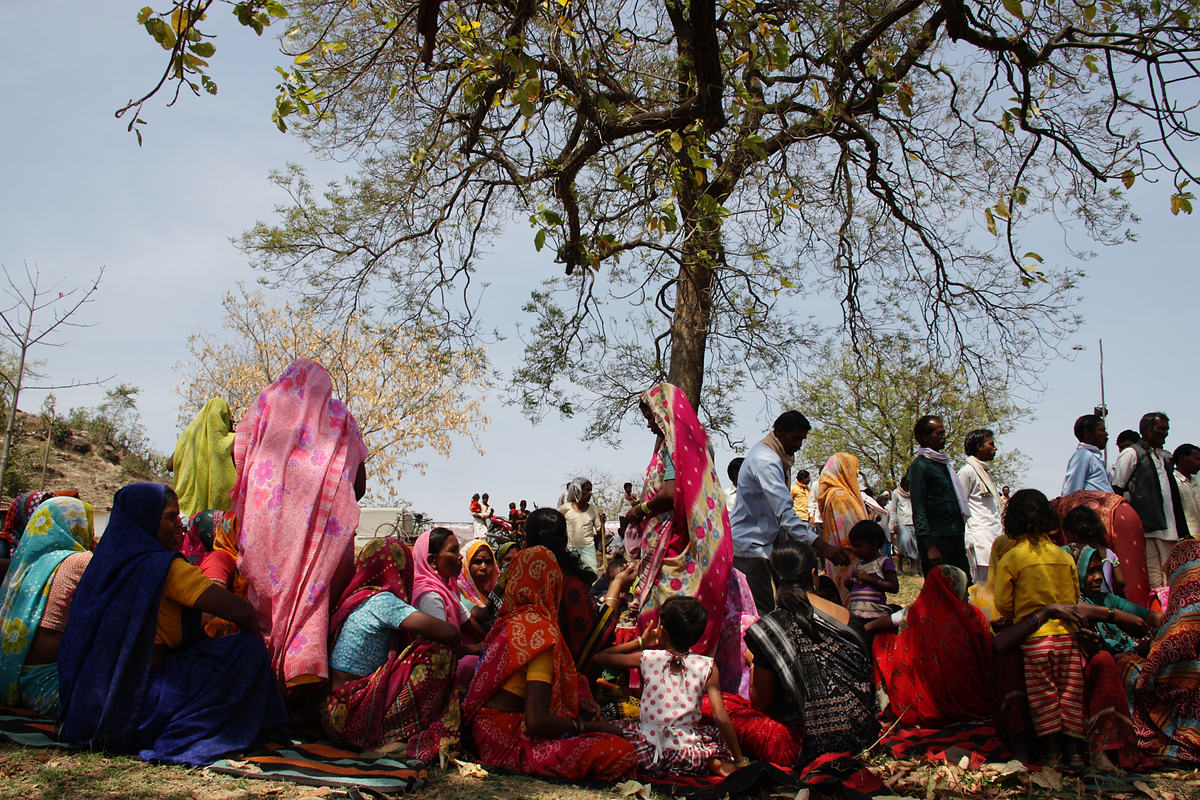Filtered results
-
Greenpeace challenges political parties to fight elections on development plank
Urges leaders to talk about bijli-pani and not jibe at each other Greenpeace today called upon political parties to focus on people’s issues in the elections instead of jeering at…
-
Greenpeace reiterates demand for renewable energy in election manifestos
Only renewable energy can provide quick and quality power to the people With announcement of election dates in Bihar, Greenpeace today restated its demand to political parties to include decentralised…
-
Campaign for an energy revolution launched in Bihar on Gandhi Jayanti
‘Urja Kranti Yatra’ will mobilise panchayats across Bihar to demand quality access to power As the nation pays tribute to the Mahatma on his 139th birth anniversary, Greenpeace, together with…
-
A new Rainbow Warrior sets sail
The Earth has a new champion. In Bremerhaven, Germany, we’ve held the naming ceremony for the world’s first purpose-built, crowd-bought, eco-sleek sailing vessel, the new Rainbow Warrior. If you’re one…
-
Renewable energy sources can meet the growing electricity demand of Bihar: Nitish Kumar
Renewable energy is the only way to meet the requirement of electricity deficit said Chief Minister of Bihar Nitish Kumar. He said this during a business meeting, where he expressed…
-
MSS formed in Singrauli to protect forests & rights of forest communities
There have been changes brewing in Mahan, Singrauli in Madhya Pradesh. For the first time last month local people from five villages formed a committee of sorts to protect their…
-
Greenpeace reminds Kejriwal of poll promise to make Delhi a safe city
New Delhi, January 17, 2014: In wake of the gang-rape of a Danish woman recently and continuing crimes against women on the streets of Delhi, Greenpeace India on Friday reminded…
-
Moily stoops to favour Essar-Hindalco, grants Mahan forest clearance
12th February, New Delhi: Essar Energy has announced that it has received Stage II clearance for its Mahan coal block in Singrauli, even before any announcement was made by the…
-
Veerappa Moily should explain his decision to allow GM field trials
New Delhi, February 28th, 2014: Greenpeace demands the environment minister Veerappa Moily to explain on what grounds he has allowed the field trials for GMOs. This decision is in contrast…
-
Activists slam Veerappa Moily for putting corporate profits before nation’s interests
New Delhi, March 4th, 2014: Activists from Greenpeace India along with members of Coalition for a GM Free India today registered a strong protest against the way the Union Minister…

